There is nothing more frustrating than writing a book and finding out later that no one will buy it…or that the sales drop after a couple of months. And this is where this article on book topic validation comes in!
Even after all of your marketing efforts, begging friends, and doing promotion site pushes, there it sits with no sales and no movement.
But the truth is, it doesn’t have to be this way. You CAN do some simple research to validate your idea and ensure there is a hungry market for what you want to write BEFORE you write it.
This will help ensure your book idea will succeed and you’ll have sales. This can also help you to tweak your idea a bit so as to give it the best chance for REALLY reaching a market and being discovered on Amazon.
Now, in Kindlepreneur fashion, I’m not talking about some wishy-washy tactic like “go to the store and look at what’s selling.” I’m talking about some real concrete steps that can give you necessary information. I know for a fact that many major Publisher companies use this same information in their decision matrix.
Therefore, in this article, I’m going to show you the exact process that I take every time I go to research a book idea and more.
- How to perform book market research
- Validate your book ideas
- Choose the keywords to get your book seen once published
- How to gain book discoverability and keep it that way
- What to do if your idea doesn't work out – you can still write it!
There are a lot of steps to this, however, if you’d like to skip all that and use a simple tool that does all of this for you, and saves you hours of time, and gives you better data, then click here.
Table of contents
Book Topic Validation – What it Takes to Make a Book a Good Idea
So what does it mean when someone says a book is a good idea?
There are contextual pieces to this equation like it being a topic you are passionate about or a topic you really know. But for the purpose of this article, we’re going to focus solely on the marketing aspect of the idea and whether or not Amazon has a pre-existing market actively searching for the kind of book you want to write.
So the real question should be: Is this a book idea that Amazon will help me to sell?
Now, famous people like Gary Vaynerchuk or Tony Robbins can sell just about any book. Because of their pre-existing fame, platform, and reach, all they need to do is write a book, and engage their fans…which for them, equates to instant best-seller and multi-million dollar profits.
But, sadly, that’s not us…or at least not yet. Instead, most of us must depend on creating a book that is discoverable and has a unique positioning without hordes of competition.
To get that, you need your book idea to have the following three criteria:
- Pre-existing Market: A pre-existing market is proof that people are actively looking for your kind of book. They are searching the internet and trying to find the subject you are thinking about writing.
- Proof that the market is willing to pay: There are many things out there that people type in that they don’t intend to pay for. Sometimes they do, but they find they can get it for free somewhere else. With this, you want to verify that your idea is profitable and the market is willing to pay you what you think it is worth.
- Low enough competition: Even if there is a hungry market that is willing to pay for your book, if there is too much competition or the competition is too good, then your idea will sink. A book on “How to Lose Weight” may have lots of people willing to pay for it, but your book will never be discovered in the sea of other “How to Lose Weight” books.
Sounds like a lot, but don’t be discouraged because I have a process and tool that will help you collect the above information and help you make an informed decision on whether or not your book idea will make you money.
Increase Your Book Marketing
See the Publisher Rocket effect, when you use the right keywords and categories to help get your book seen more on Amazon.
Get Publisher Rocket Now!Book Idea Research: Step-By-Step Guide
The following steps are the exact steps I use to figure out whether or not a book will sell. It includes the manual method that anyone can do, or a more effective and efficient method if numbers and time are an issue.
Part 1: Learn If & How Many People Search For Your Book Idea?
First and foremost, you need to know if people are actively looking for your kind of book. To do this, start by typing in your idea into Amazon. When you do this, Amazon will try to guess at what you're going to write by autofilling in responses that they've seen others type in before – like this:

Through this process, you can build a list of Keywords that shoppers have used when on Amazon. You can also supplement this list by using Google suggestions as well – although not as good as Amazon, sometimes this can help discover other ideas and more. You can use Google's own Keyword Planner (free but not complete) or something like KWFinder.com (paid, but stellar Google SEO tool).
However, if you'd like to see how many people actually type in those phrases into Amazon, instead of hoping they are popular or not, you'll need to use the Publisher Rocket tool. This software, will:
- List all of the Amazon suggestions like above
- Tell you how many people typed that phrase into Amazon per month
- Color-codes the results based on a complex algorithm that estimates which keywords are more likely to work
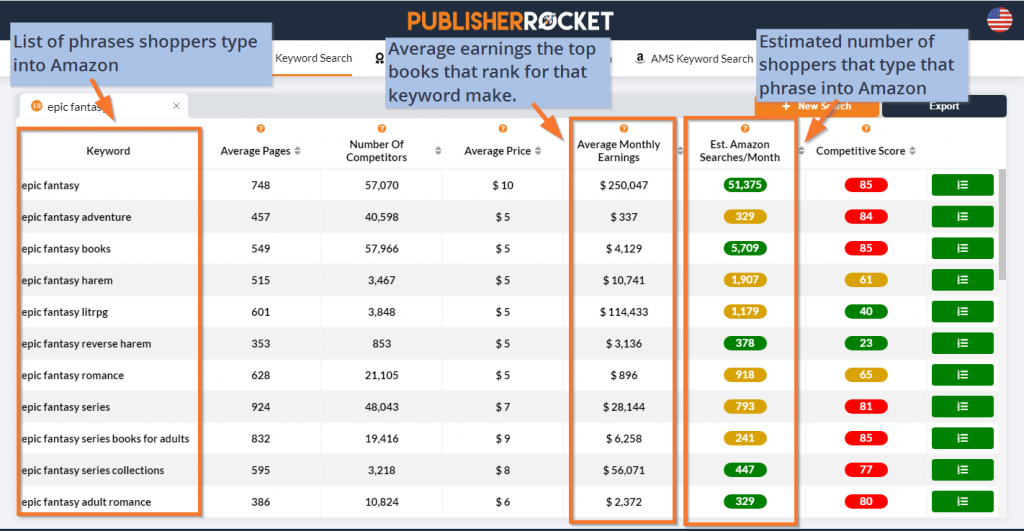
Part 2: Find Out if the Idea is Profitable during the Book Topic Validation Process
I made the mistake once of forgetting this step. I had a high demand idea that had low competition. However, it turns out it wasn’t the type where people would pay for the information – but were willing to look around….double whammy!
Therefore, we need to verify if people are willing to pay for this kind of book or if they are looking for free deals, or it's not enough for them to actually whip out their wallet and buy books on this subject or genre.
So to check if your book topic or idea is profitable, be sure to follow these steps:
Step 1. Type your potential book idea phrase into Amazon for Kindle

Step 2. Select the top 14 books (number of books that show up on the first page of the Amazon search results) and find their Amazon Best Seller Rank (ABSR), price, and Number of reviews. You will find the book's ABSR by scrolling down to each book's Product Description section.
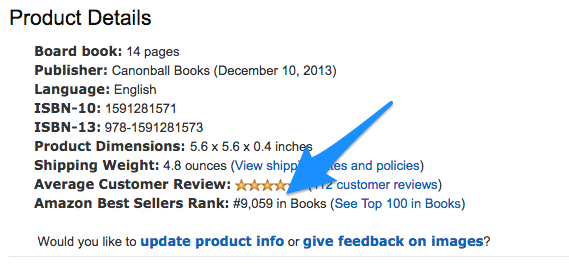
Step 3. Take the ABSR number and place it in my free Amazon Best Seller Rank Calculator below. This will tell you how many books are sold per day.
Step 4. Multiply the number of books sold per day by the price of the book and “30” so as to give a rough estimate of how much money the book is bringing in per month – yeah, I know there are months that don't have 30 days…but let's just keep it simple 😉
(Number of Books Sold Per Day) X (Price) X (30) = Estimated Revenue Per Month
Step 5. Now, do the above for all 14 books that were selected. Add up all the Earnings Per Day and divide by 14 so as to get the top 14 average earnings per day for that group.
(Add up all Earnings per Day)/14 = Average Earnings for that Search Phrase
Step 6. Now ask yourself if that seems like a good number.
PS: Publisher Rocket will pull all this data and a lot of other important information with a click of a button for you. Publisher Rocket also allows you to access the book cover, and shows you books that already rank for this keyword by clicking the green Competition button on the far right.
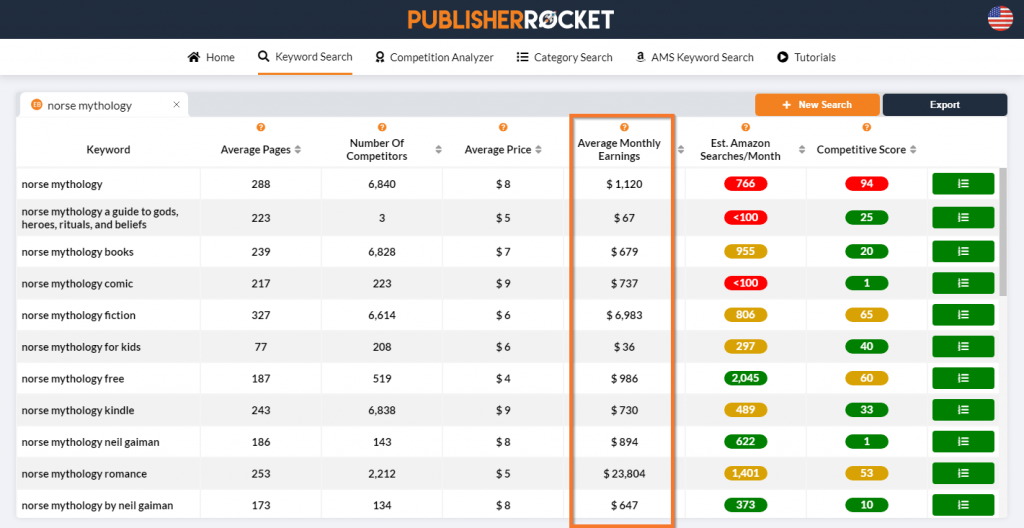
Part 3: Discover How Hard the Competition is during the Book Topic Validation Process
So, by now, we should know how many searches are made for the phrase, and whether or not it is profitable. We now need to figure out if the competition is too great and whether or not we can get our book in a position to beat the others.
To do this, we can do the following:
Step 1. Record the number of search results that appear for the phrase. To do this, type in the phrase in Amazon and look for the number of results that show up:

Step 2. Take the ABSR of each of the top three books and average them together.
(ABSR of Book 1 + ABSR of Book 2 + ABSR of Book 3) / 3 = Average ABSR of the Top three Books
Step 3. Take the ABSR of the top 14 books and average them together.
(ABSR of Book 1 + … + ABSR of Book 14) / 14 = Average ABSR of the Top 14 Books
Step 4. Finally, look at the book covers, the happiness of the customers (reviews), descriptions, etc. and give the book a grade from 1-100, with one being terrible and you could beat it, and 100 meaning perfect in every way like Mary Poppins. This will be our quality competition analysis.
By having these four numbers, you’ll be able to compare the competitiveness of this phrase or book idea both quantitatively and qualitatively.
Going back to the information you've recorded on your excel sheet, let's look at the ABSR of the first book. Our goal should be to outrank that book because the book that ranks #1 for a phrase gets the most sales.
But sometimes a niche/ idea/ phrase is just too juicy and ranking #2-6 is sufficient for enough sales to warrant writing the book as well. That’s why I’ve included Steps 2 and 3.
So, what constitutes what is too competitive as compared to good enough? Well, that depends on many factors, including:
- How many searches are there per month for that book idea: Is there enough room?
- Quality of the Titles and Subtitle: Are they optimized for showing up for that phrase?
- Quality of the Book Cover: Are they super ugly and easy to beat?
- Quality of their description and sales copy: Are they masters?
- The author, their fame and legitimacy: Hopefully Tony Robbins isn’t one of your competitors.
If you don't know how to rate the above, don't worry about it if you're using Publisher Rocket. We actually took most of that information and created a competitive score for you. That way, you can use our intuition and experience to figure out if its easy or too competitive. You can also use Rocket's Competition feature to learn key insight into each of the books you might be competing against if you wrote the book.
Not only that, but we've color-coded the results for you, because sometimes a keyword might have a low competitive score, but there are other factors making it a bad fit. The color will give you an even more accurate picture of what will and won't work.
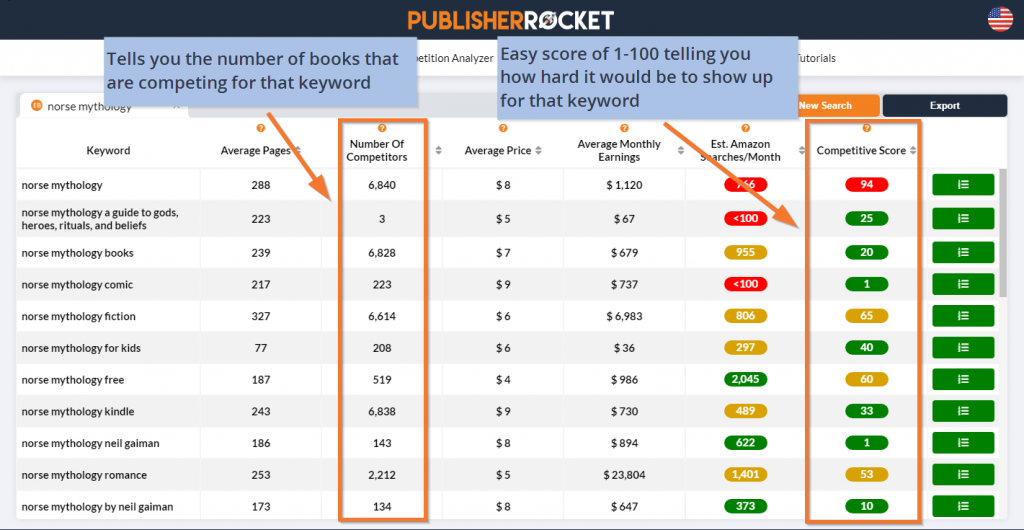
Part 4: Rinse and Repeat the Book Topic Validation Process
Most likely you didn’t strike gold on your first try. Therefore, rinse and repeat. You can either go in a completely different direction, narrow down your search, and look at what Amazon suggests.
Completely Different Direction: Sometimes you can just see the writing on the wall and know it's a bad idea – congrats then, because your research just stopped you from wasting a lot of time writing a really good book that the market doesn’t want.
Narrow Down Your Search: What will most likely be the case is that as you start looking at books in your category, you’ll start to find out that you can niche down and get more specific…this will help you reduce your level of competition, but will also reduce the level of traffic as well. But hey. What’s better? 1% of 1000 or 40% of 100?
To get ideas on how to niche down, you’ll want Amazon to assist you. Have you noticed that when you go to type in a phrase into Amazon’s search box, it gives you suggestions? It gives those suggestions because it knows what people have typed into it.
So, start writing and see what Amazon suggests when you're going through your book topic validation. Write down a couple of these suggestions and repeat the processes above to see if any are a winner:

Or simply just type in your other search ideas into Publisher Rocket and click “Go Get Em Rocket.” The entire process is easily and efficiently repeated that way … just like that.
What if My Idea Didn't Work, But I Still Want to Write it?
This tactic of book topic validation is not about forcing artists to change their art, or stop them from writing. Instead it is here to help authors understand whether or not Amazon will help you sell your book. Does Amazon have an existing market hungry for what you have to offer?
If the answer is no, and you still want to write that book, that's totally fine. But you can't depend on Amazon to send you shoppers. Instead, your marketing tactics will need to focus on finding the right market somewhere else, and sending them to your book. If you already have fans, or a large email list, or fame, then this is very easy. You can just direct them to your latest work and it will do well (hence why building an email list is important). But if you don't have any of those things, then here is a list of tactics and some resources to help you:
- Amazon Ads: Free Amazon Ads video Course
- Keywords and Categories: Our course on mastering keywords and categories.
- Facebook Ads: Mark Dawson's course on all Ads
- Bookbub Ads: David Gaughran's book
- Promotion Sites: List of promo sites to choose from
- Goodreads: Article on how to approach Goodreads (just be careful)
- Social Media: Article on lots of different ways to promote your book on different platforms naturally
So What’s Next
Whether or not you use the lightning fast and bodaciously awesome Publisher Rocket – yeah, I’m a bit biased – or the steps listed above, we authors need to do our research. We can no longer just wing it because there are now over 6 million books on Kindle. And Publisher Rocket will help you find keywords for both fiction and nonfiction ideas.
Now, the steps above don’t promise success. But just like any successful business does its marketing research, it's critical for an author (business) to take measures to ensure they can answer the above questions and provide actionable data in order to make that critical decision.
You as an author have the ability to research the potential of your book idea and can now decide whether or not to move forward on the subject thanks to this book topic validation process.
Cheers,


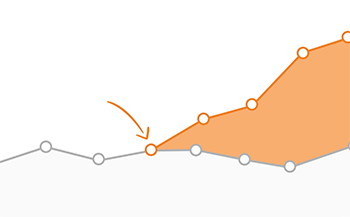

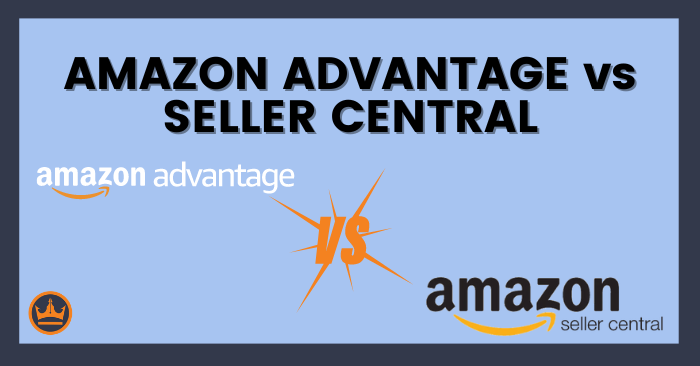
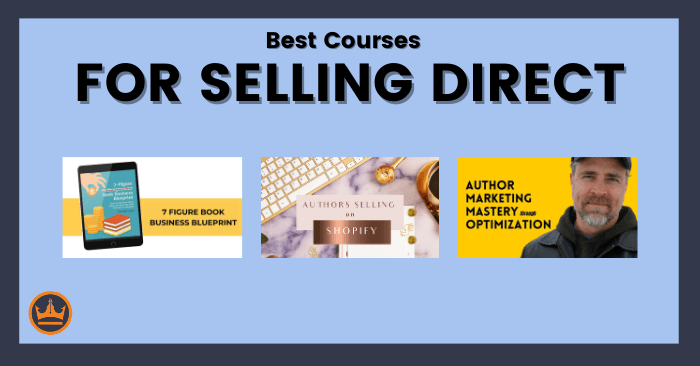
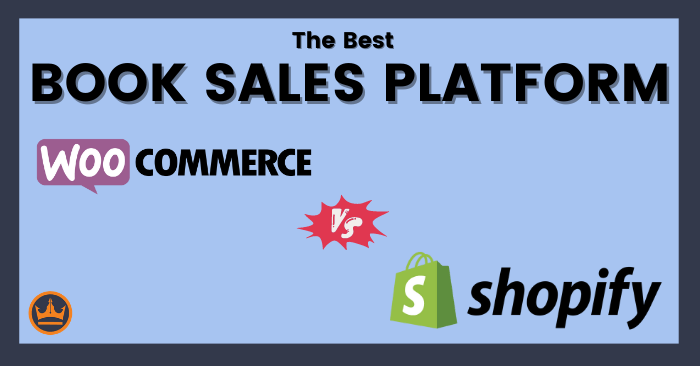
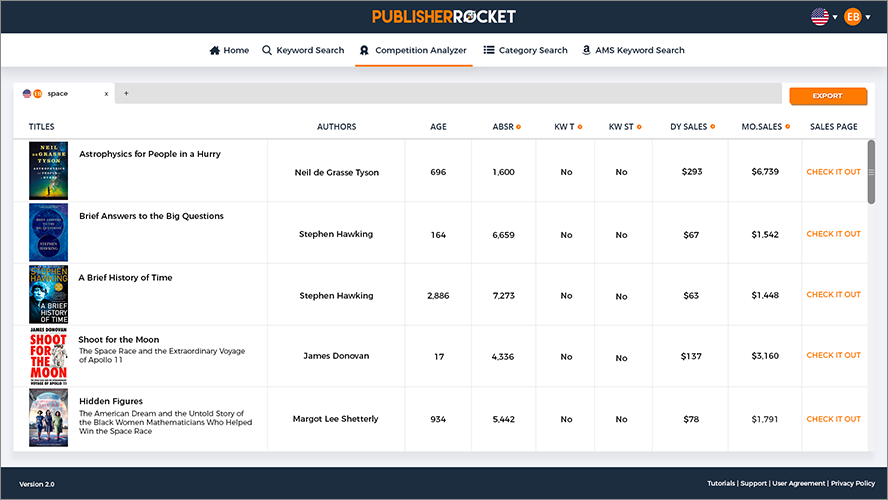
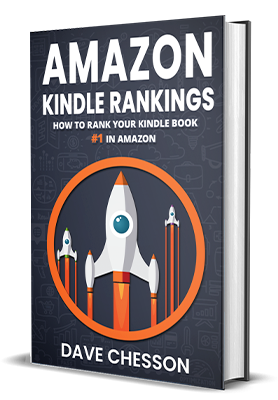
Dear dave first of all thanks for creating this amazing blog. secondly for me publisher rocket this a magical software will do everything you need all what one needs is just buying it and let it does the tasks for you.
When I did the initial Amazon analysis, I noticed that among the first 14 books shown under my keyword term, none of them had the same ‘hook’ or specific topic that I would be using. Also, some of the titles had a dismal ABSR in my keyword search result listing category; but had a much, much better ABSR in a different category. For example, the #1 book result in my keyword category had an ABSR of 413,404 – but had an ABSR of 440 in the “business startup” business category. It looks like the category selected has a HUGE impact on saleability.
Hi Greg. The Amazon Bestseller Rank (ABSR) is the ranking of your book over all other books in all of Amazon based on sales. The Category ABSR is the relative ranking of all the books inside that particular category. It uses your Amazon ABSR to determine this. So, if the #1 bestselling book in a category has a Amazon ABSR of 95,010….then you’d need a 95,009 in order to be the new #1 bestseller in that category.
Is there anything different that would need to be done for low content books? The main issue there, as I understand it, is that these are almost always print only, and not Kindle books.
No, except make sure you switch the Calculator to book data when analyzing the ABSR.
hii there , It is an awesome blog , i just want to know that should i consider the sponsored ads while doing the research
I like sponsored ads (just not display ads – I’ve personally had a hard time with them). If you’re looking to do AMS, be sure to check out my full free course: AMSCourse.com
Hello There.
I just finish A hardbound book called In The Moment 135 pages for Barnes & Noble of inspirational Quotes with photos.And also just finished a paperback book 225 pages on Create Space Amazon.com of Inspirational quotes. Both under approval right now.Interested in marketing them.
Hi James, sounds like a great book and I’m sure you’ll do well in marketing them!